Why the Overwatch 2 free-to-play model might be a mistake
Overwatch 2 free-to-play is great for access but could be a nightmare for hero balances and gameplay
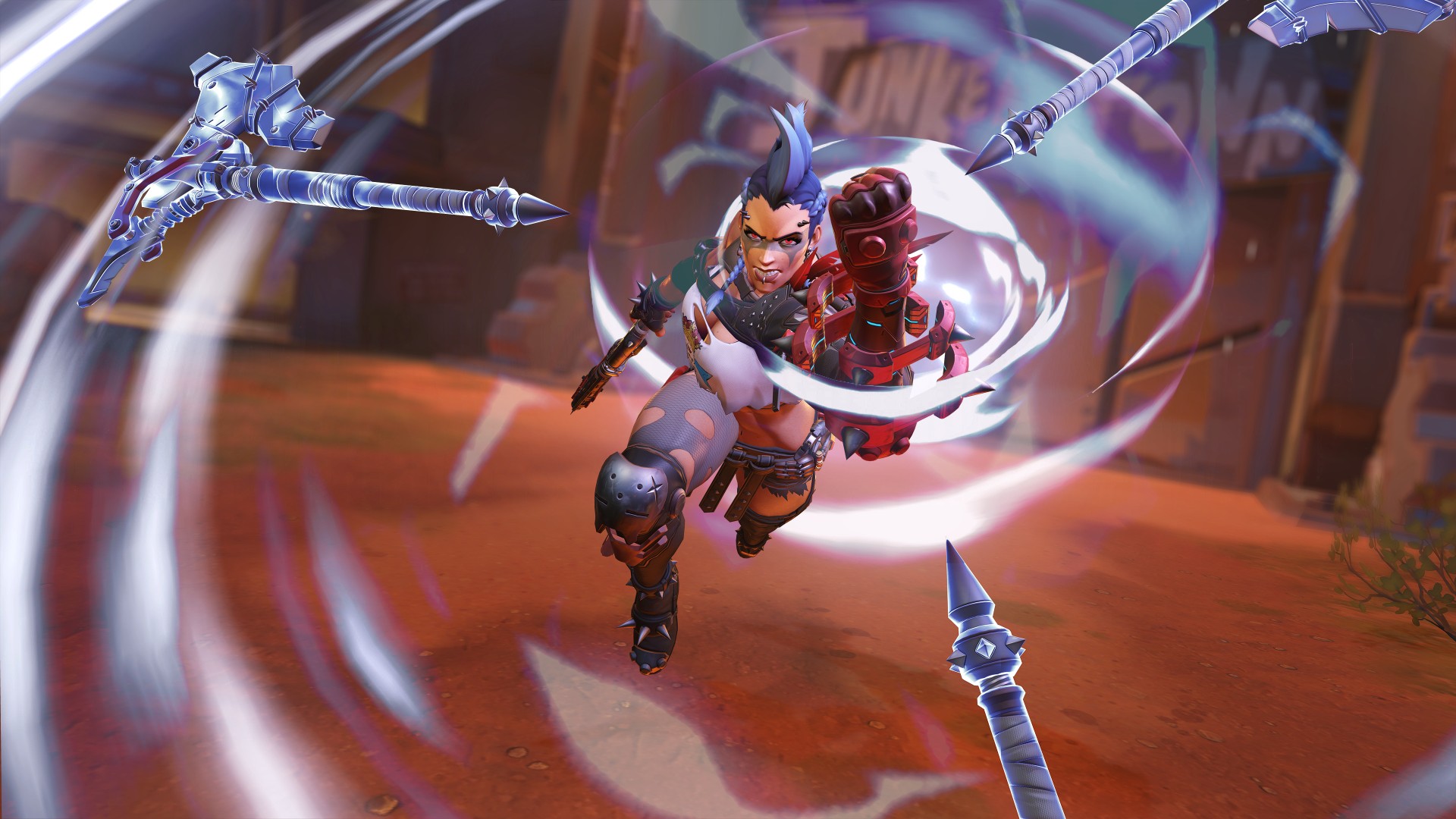
Overwatch 2 free-to-play is happening, and as a long-time Overwatch player, I am happy but incredibly hesitant. A free game is always a great thing for players, as it offers access to anyone regardless of economic status; and Blizzard's aggressive release schedule can ensure that there are regular content updates over the long haul (which sounds great after the Overwatch 1 content drought). But going free-to-play can have other implications and consequences.
I love Overwatch 1 because of its tight, hero-focused gameplay, so I'm concerned that the "fundamental changes" explained by game director Aaron Keller during a recent interview with GamesRadar+ and other media outlets will eradicate what makes Overwatch so uniquely special. The shift towards a live service model threatens to upend an already precarious game balance, as the team plans on releasing major updates (which includes new heroes and new maps) every nine weeks. And with the new 5v5 format and more aggressive playstyle, I fear Overwatch 2 will feel more like Apex Legends and Valorant and less like Overwatch.
Roadmaps, not Roadhog
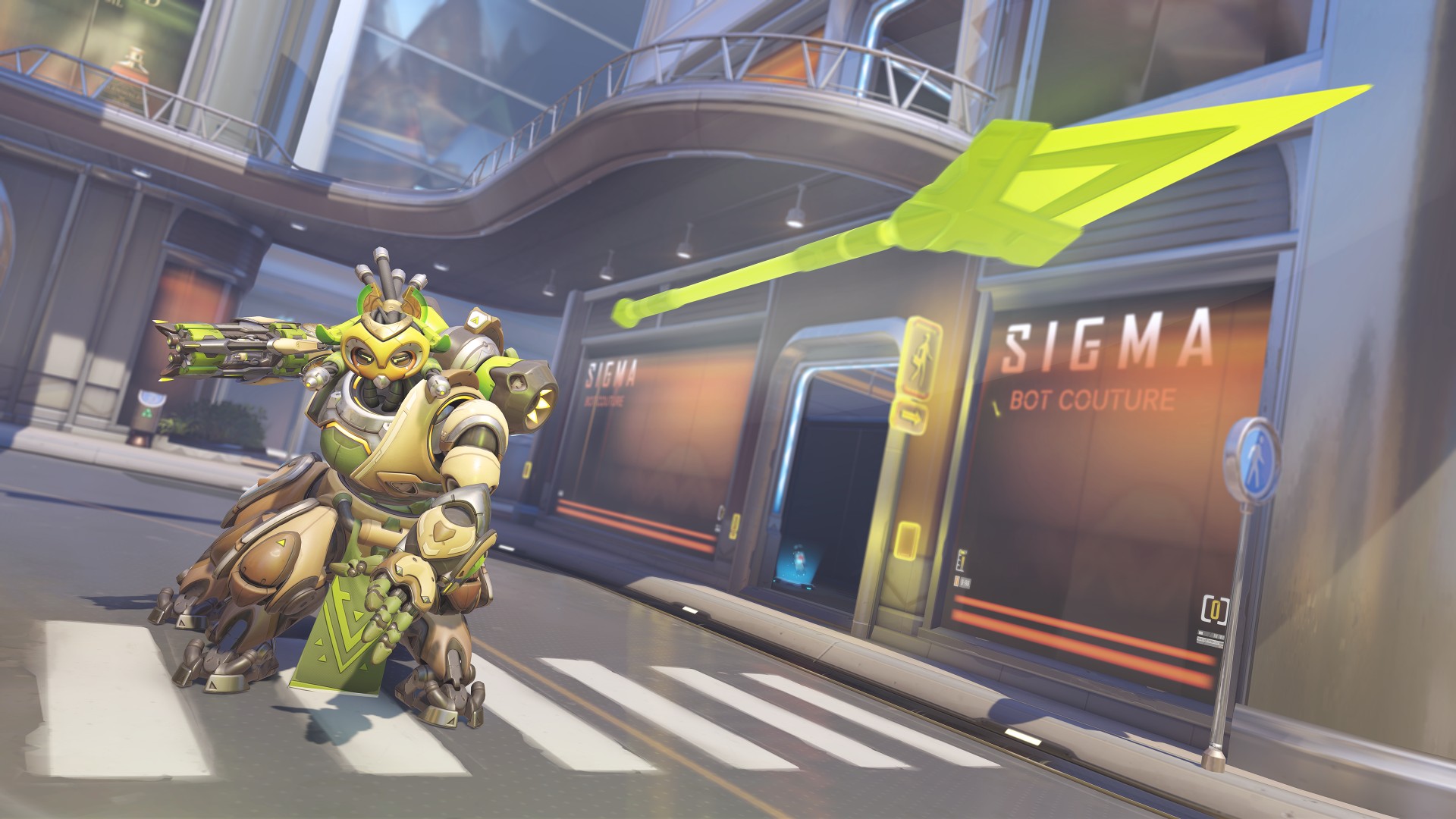
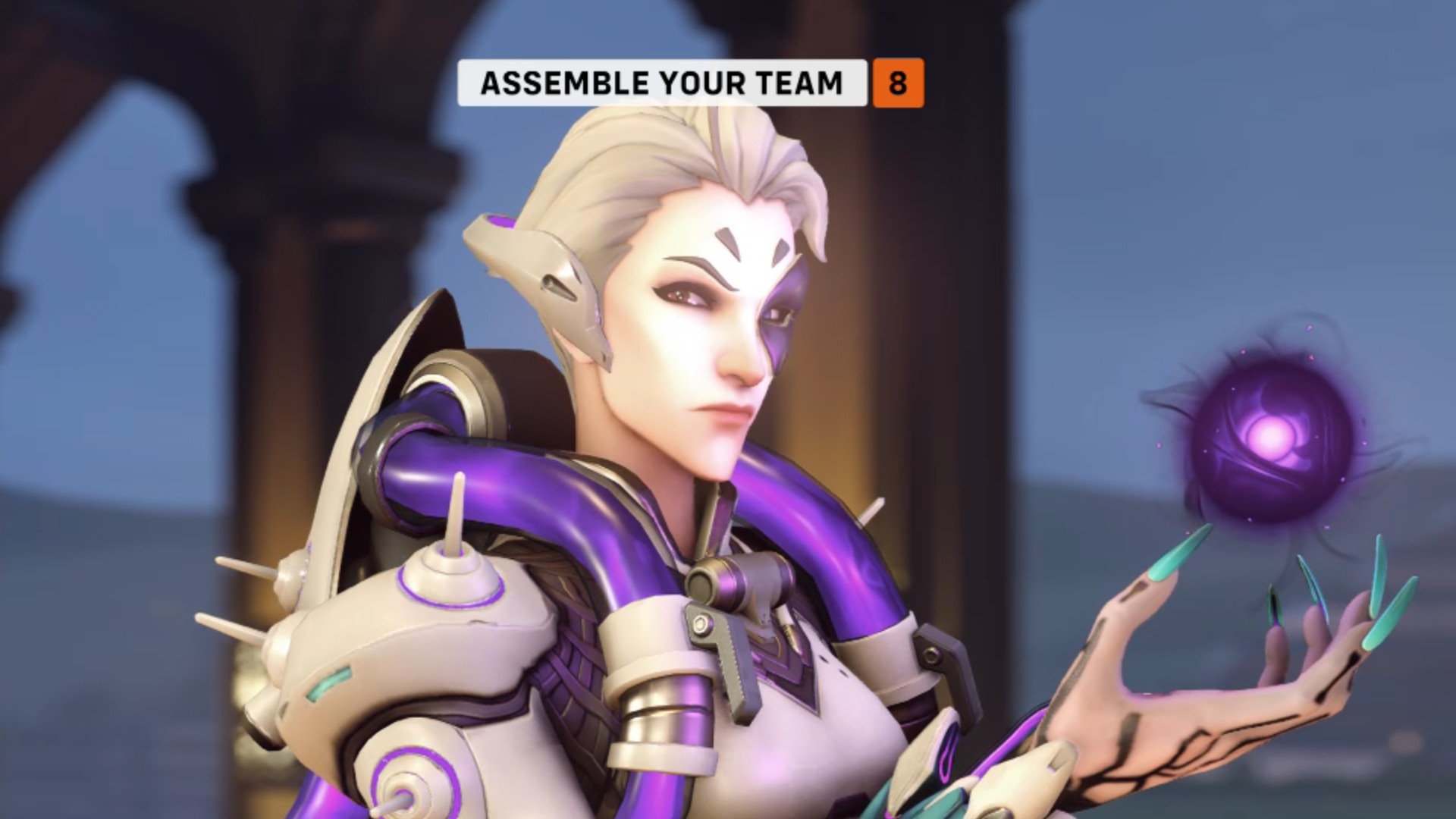
The Overwatch 2 team is refreshingly honest when discussing its decision to go free-to-play. "Quite frankly, we are dedicated to putting out content frequently and consistently in perpetuity. And the easiest way to fund something like that is with a free-to-play style game. It allows us to continue to build new things," Keller explains. The team has lofty goals for its nine-week-long seasons. Season 1, which kicks off when Overwatch 2 enters early access on October 4, will include three new heroes (Sojourn, Junker Queen, and a yet-to-be-announced support character) and six new maps. Season 2 will start December 6, and will introduce one new tank hero and one new map.
"We're committed to making three to four new heroes a year, and these will be coming out as part of the seasonal cadence," Keller says. "It's not just that – we have six new maps at launch, another new map coming in Season 2, and we're working on three to four new maps a year as part of this release schedule, too." Blizzard is also promising a battle pass and dozens of new skins with each season.
We're committed to making three to four new heroes a year
Game director Aaron Keller
That is a lot of new content, especially when you consider Overwatch 1's cadence. The original game launched in May 2016 with 21 heroes and added just three more within the first year. For the next several years, Blizzard retained a release cadence of three heroes a year until 2019, when there were only two released, and in 2020, when there was only one (Echo, who was the last hero released as the studio ramped up work on the sequel). This new release schedule would increase the team's average hero output by one a year – and that additional workload is before you consider the new maps, modes, and cosmetics that are also promised.
It's a blisteringly fast roadmap, but one that falls in line with the team's new ethos – one that sounds a helluva lot like live service games Apex Legends and Valorant, which have a roster of heroes, drastically shifting seasonal metas, and frequent gameplay adjustments - though Keller claims their popularity did not affect Blizzard's decision to go free-to-play. "Every season should feel a little bit different," Overwatch commercial lead Jon Spector responds when I ask a question about hero balance. "We've talked a little bit about how it's cool when you look back on a game and you're like 'oh yeah, that was the season when this thing was really strong or that hero was more present.' And the next season feels a bit different from that, in a way that's still fair and fun for players but also has some of that novelty, too."
Perfectly balanced, as all things should be
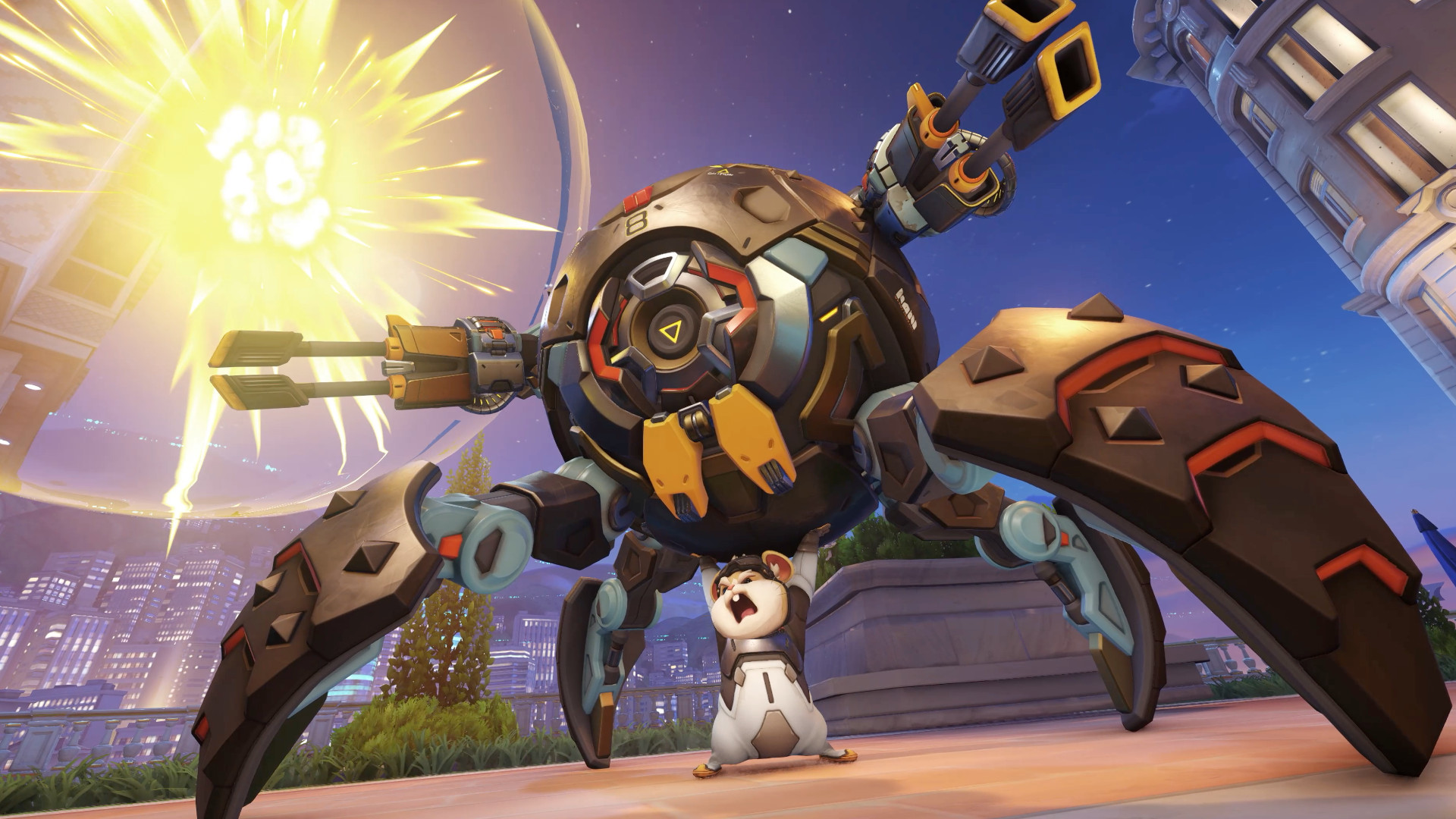
As a long-time Overwatch player with an embarrassingly large amount of hours maining Moira, this ethos seems almost antithetical to the Overwatch I know and love. During our interview, Keller deploys the word "fundamental" multiple times when speaking of Overwatch 2's differences to its predecessor: "This game has fundamentally transformed"; "Overwatch 2 is fundamentally different"; "Overwatch is fundamentally changed". Keller's intent is to delineate a clear difference between the sequel and the original. But after playing the Overwatch 2 beta earlier this year, I'm still not convinced that's necessarily the case. In fact, I thought that the Overwatch 2 beta felt like Overwatch 1.5, and now all of this talk of shifting seasonal metas and fundamental differences feels like a bit of an overcorrection.
Sign up to the GamesRadar+ Newsletter
Weekly digests, tales from the communities you love, and more
Overwatch has always been about its heroes. Historically, the addition of one new hero would drastically shift the meta and Blizzard would scramble to adjust the rest of the roster accordingly. When support hero Brigitte first joined the lineup back in 2018, she was added with the intention of breaking up the incredibly popular 'dive meta'. The dive meta saw players literally diving into combat with highly mobile characters, focusing their attention on one enemy player in order to get the first kill and tip the scales in the early game. Brigitte, with her shield bash that could stun players and her high healing output, made the dive comp virtually impossible, thus drastically changing the makeup of every Overwatch match.
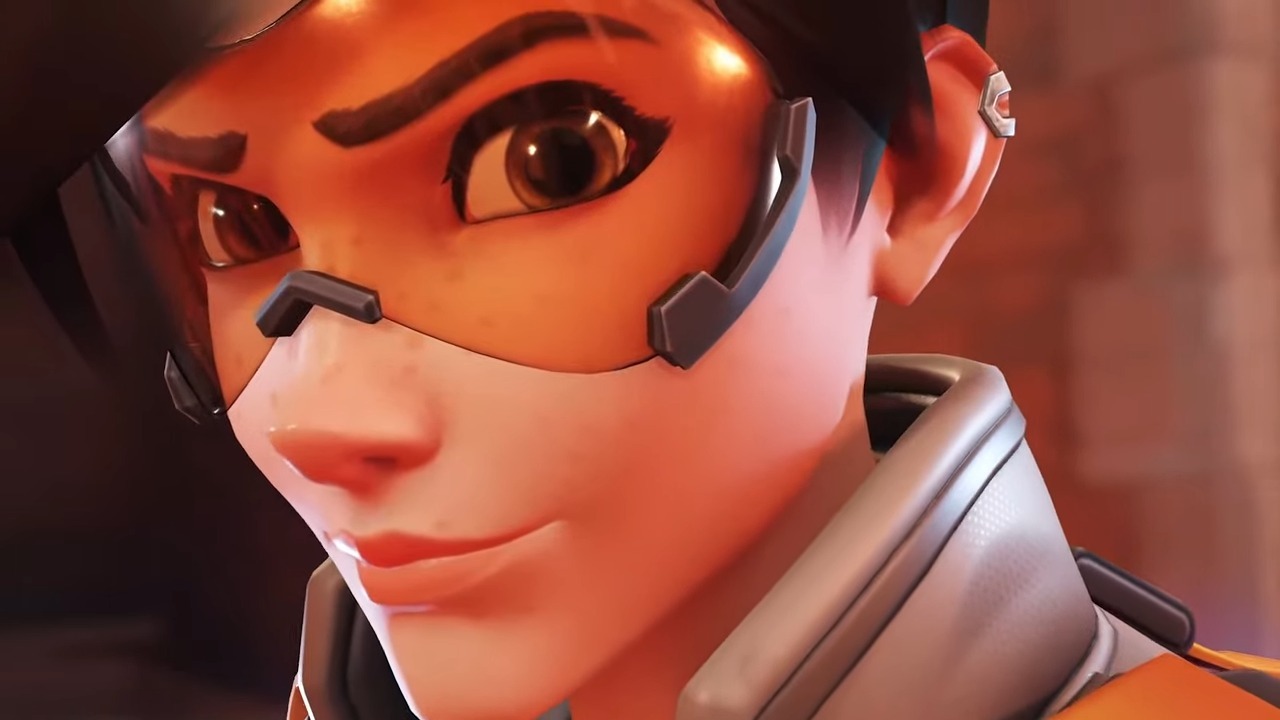
Overwatch is fundamentally changed
Keller
The community, from Overwatch League pros to casual players, begged Blizzard to nerf Brigitte (and in some cases, delete her entirely). But it took Blizzard a few months and several iterations to rejig Brig to a place that felt right for players of all abilities: first, the team nerfed her ult, then increased her cooldowns, then adjusted her shield bash, all over the course of a two-month period. Plus, Brig is still getting adjusted today, and will be revamped for Overwatch 2 entirely. All of this was for one hero, designed specifically to adjust an existing meta. Overwatch 2 will be dropping three new heroes at once this first season, and three to four a year afterwards. That's a lot of opportunities for the game to "break" or feel radically altered in one fell swoop.
"Yeah, that can change the way the game is played, just introducing new heroes and sometimes new features into the game starts shifting the meta a little bit," Keller says in response to my question about hero balancing. "For us, we think that's a good thing."
Rapid change
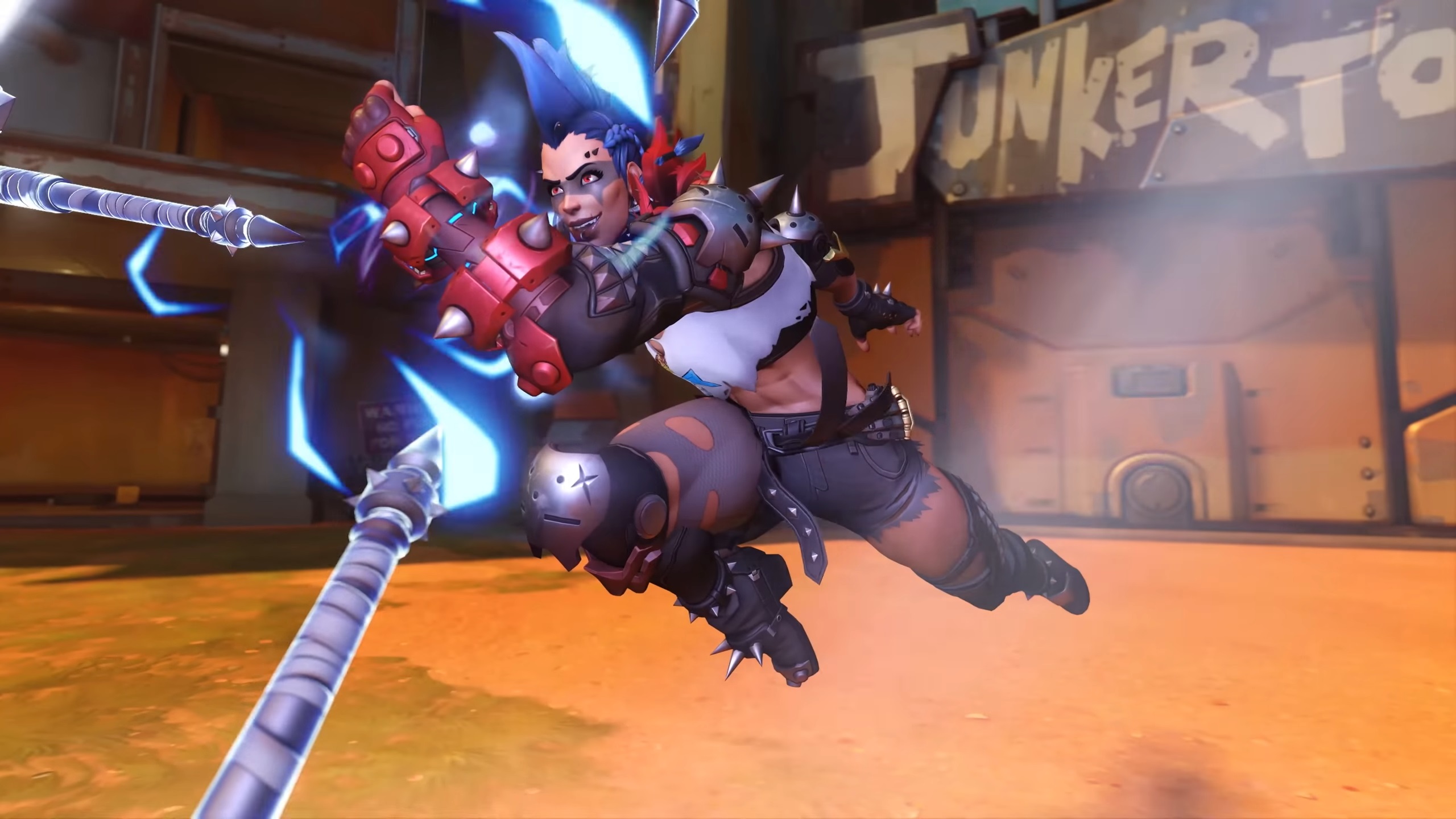
Overwatch 2's shift to a free-to-play model with different seasonal metas naturally draws comparisons to Apex Legends and Valorant. Combine that with the new gameplay changes, and it's impossible to ignore the similarities. The swap to a 5v5 team makeup makes Overwatch 2 so much faster and more deadly than its predecessor, with support players taking the brunt of the aggression. Shield tank Orisa is now a damage-heavy beast, Doomfist is an extra-hefty tank packing a serious punch, and the two new heroes (Sojourn and Junker Queen) lend themselves to aggressive-minded play. This is a faster, more shooter-focused version of Overwatch, which runs the risk of diluting what made the original game so special. Overwatch was always about crafting team compositions to counteract an enemy squad – it felt like a vibrant, explosive chess match where you were constantly fighting for inches.
For what it's worth, Aaron Keller believes Overwatch 2 still captures the original game's lightning in a bottle: "I think that what made the original game stands out. I think that that magic is still a part of Overwatch 2… I think the gameplay of Overwatch is incredibly responsive and fluid and dynamic. And there's this team-based nature and strategy that's just required to be successful in the game. And so I feel like Overwatch as a game is incredibly unique in the industry."
Overwatch 2 is a sequel, so change is necessary. And after a lengthy hero drought, it's great that there are new characters to enjoy come October, and a free-to-play model that will let anyone jump into the fray. But a rapid release cadence that's more in line with top FPS games threatens to upend an already delicately balanced game and introduce seasonal metas that could make Overwatch 2 feel like it's in a constant state of flux, especially when the original game's focus on fine-tuning hero compositions is what made it so special. I hope I'm wrong, but right now it feels like Overwatch 2 free-to-play may be a mistake.
Want to give the game a try for yourself? Here's a guide on how to get into the Overwatch 2 beta.
Alyssa Mercante is an editor and features writer at GamesRadar based out of Brooklyn, NY. Prior to entering the industry, she got her Masters's degree in Modern and Contemporary Literature at Newcastle University with a dissertation focusing on contemporary indie games. She spends most of her time playing competitive shooters and in-depth RPGs and was recently on a PAX Panel about the best bars in video games. In her spare time Alyssa rescues cats, practices her Italian, and plays soccer.



